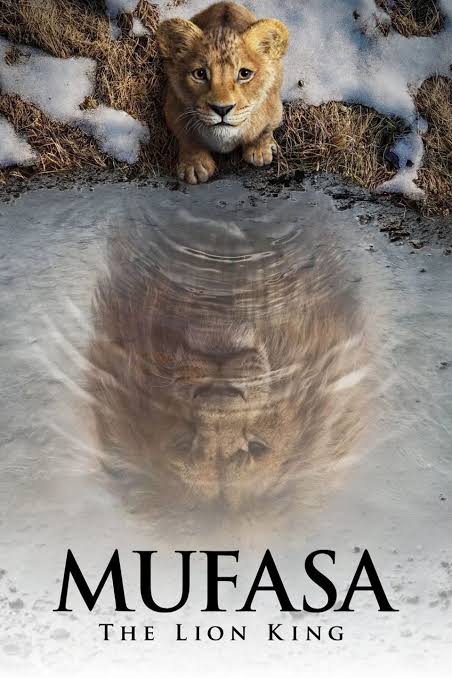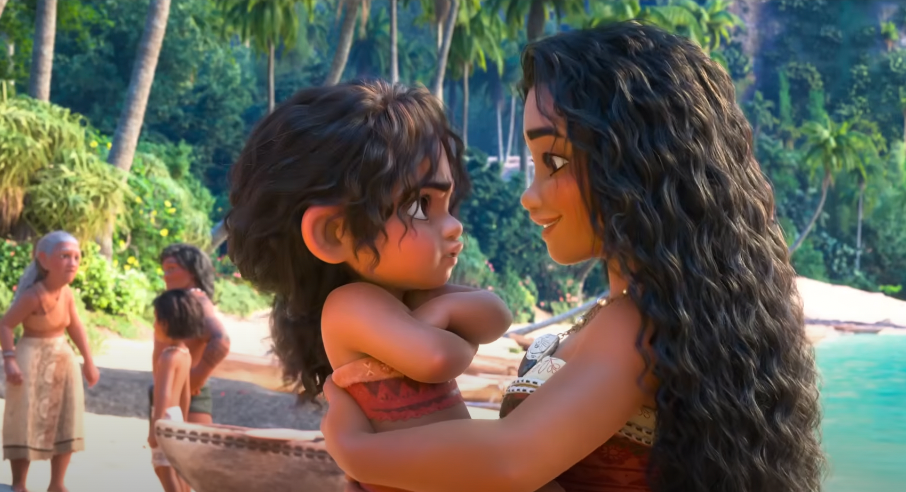
Latest Critic Reviews
Latest User Reviews
Critic Reviews
Details
Summary
Disney’s latest offering, Mufasa: The Lion King, takes us back to Pride Rock, exploring the untold origins of one of cinema’s most iconic leaders. Directed by Barry Jenkins (Moonlight), the film provides a rich tapestry of character development, emotional storytelling, and breathtaking visuals. While the prequel ambitiously deepens the mythos of the original Lion King (1994), it also faces the challenge of living up to its predecessor’s legacy.
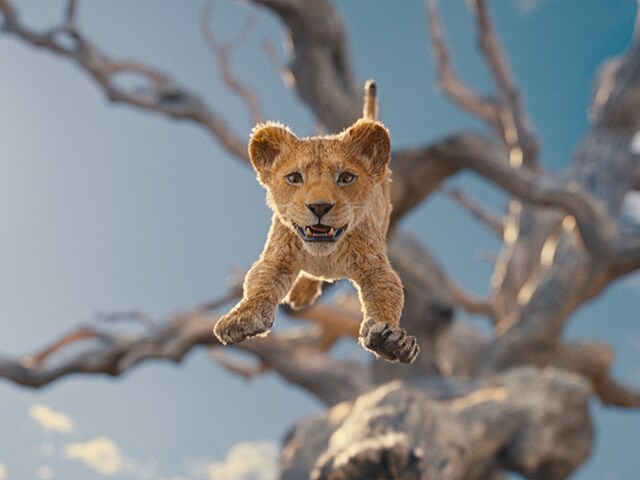
Box Office Performance
The movie opened to a roaring $210 million globally in its first weekend, with strong performances in both domestic and international markets. These numbers reflect not just the franchise’s enduring popularity but also Disney’s effective marketing and Barry Jenkins’ strong reputation. Compared to the 2019 Lion King remake, Mufasa showed a smaller opening but sustained better audience retention thanks to its emotionally resonant story.
Actors’ Performances
Aaron Pierre delivers a standout performance as the young Mufasa, portraying a blend of vulnerability and burgeoning strength that enriches the character’s journey. Kelvin Harrison Jr. as Taka (later Scar) adds layers of complexity, capturing the subtle descent of Mufasa’s jealous brother with chilling nuance. Supporting cast members—such as Seth Rogen and Billy Eichner reprising Pumbaa and Timon—offer lighthearted comic relief, grounding the film in the franchise’s trademark humor. The voice work overall showcases a perfect balance of emotional depth and entertainment, cementing the cast as one of the strongest ensembles in Disney’s recent history.
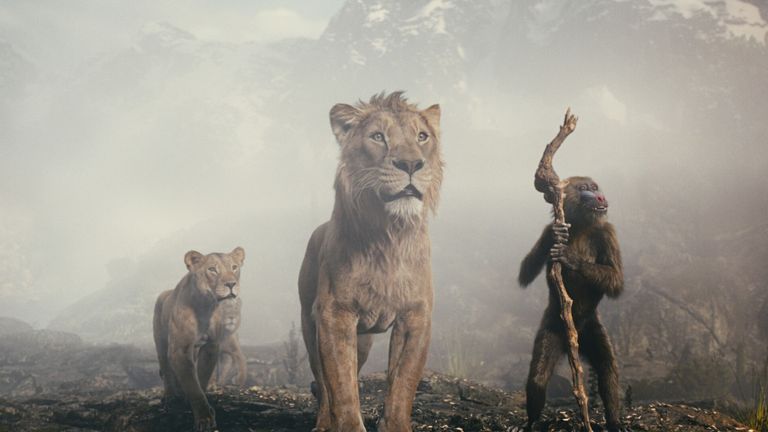
Musical Score and Soundtrack
Hans Zimmer returns to orchestrate a breathtaking score that ties seamlessly with the original Lion King themes, adding new motifs that reflect Mufasa’s character arc. The collaboration with Lebo M introduces vibrant African-inspired tracks that give the film an authentic and celebratory tone. Standout numbers like “The Pride Within” and “The Path We Make” resonate emotionally, though they don’t reach the iconic status of “Circle of Life” or “Can You Feel the Love Tonight.”
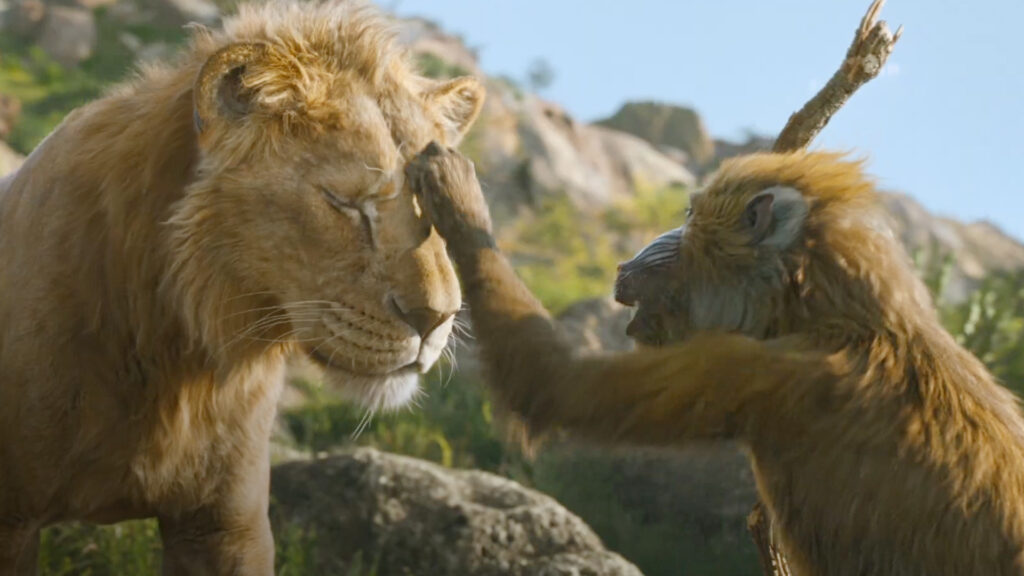
Comparisons to Previous Versions
This film stands apart from the 1994 classic by focusing on Mufasa’s humble beginnings as an orphan cub, contrasting Simba’s journey of reclaiming a throne. Unlike the brighter, family-focused tone of The Lion King II, Mufasa leans into darker, more mature storytelling, reflective of Jenkins’ filmmaking style. While some may critique this tonal departure as too serious for younger audiences, it enhances the story’s emotional stakes and adds gravitas to Mufasa’s legacy.
Why Was This Done?
Disney’s decision to produce a prequel reflects a broader strategy of expanding its iconic universes while appealing to fans seeking richer storytelling. By humanizing Mufasa and exploring his rise to leadership, Disney ensures audiences connect more deeply with his character in the larger Lion King saga. Jenkins’ involvement adds prestige, giving the film an auteur’s touch that sets it apart from standard animated fare.
Breakdown
- Overall: ★★★★☆
- Acting: ★★★★★
Aaron Pierre’s heartfelt performance anchors the film, and Kelvin Harrison Jr. shines as a compelling Scar. - Story: ★★★★☆
A poignant origin story, though it occasionally feels too somber. - Music: ★★★★☆
Zimmer and Lebo M deliver a rich and immersive score. - Directing: ★★★★★
Barry Jenkins masterfully balances emotional depth with breathtaking visuals. - Cinematography: ★★★★★
Lush, evocative landscapes elevate the film to visual poetry.
Final Thoughts
Mufasa: The Lion King successfully enriches Disney’s iconic franchise with a compelling origin story, a standout cast, and a visually stunning presentation. Though it doesn’t quite surpass the original, it offers a worthy addition to the Pride Rock saga, ensuring Mufasa’s legacy roars louder than ever.
Related Kids
Related News


